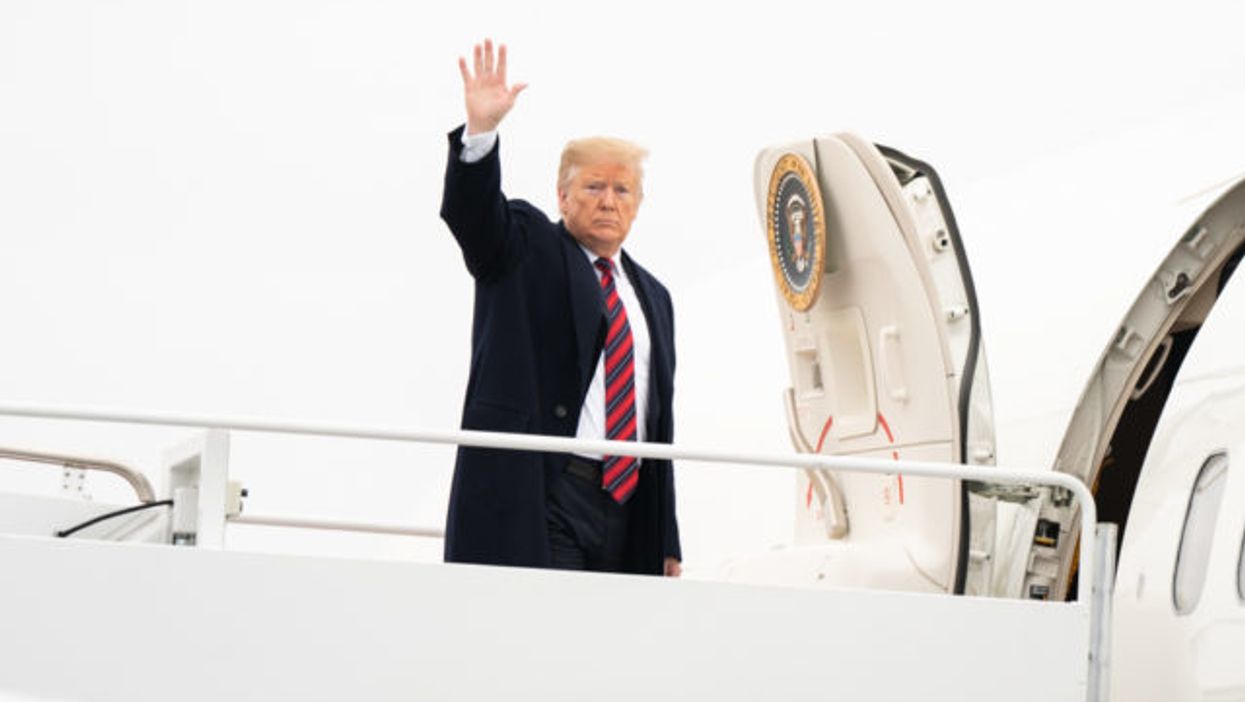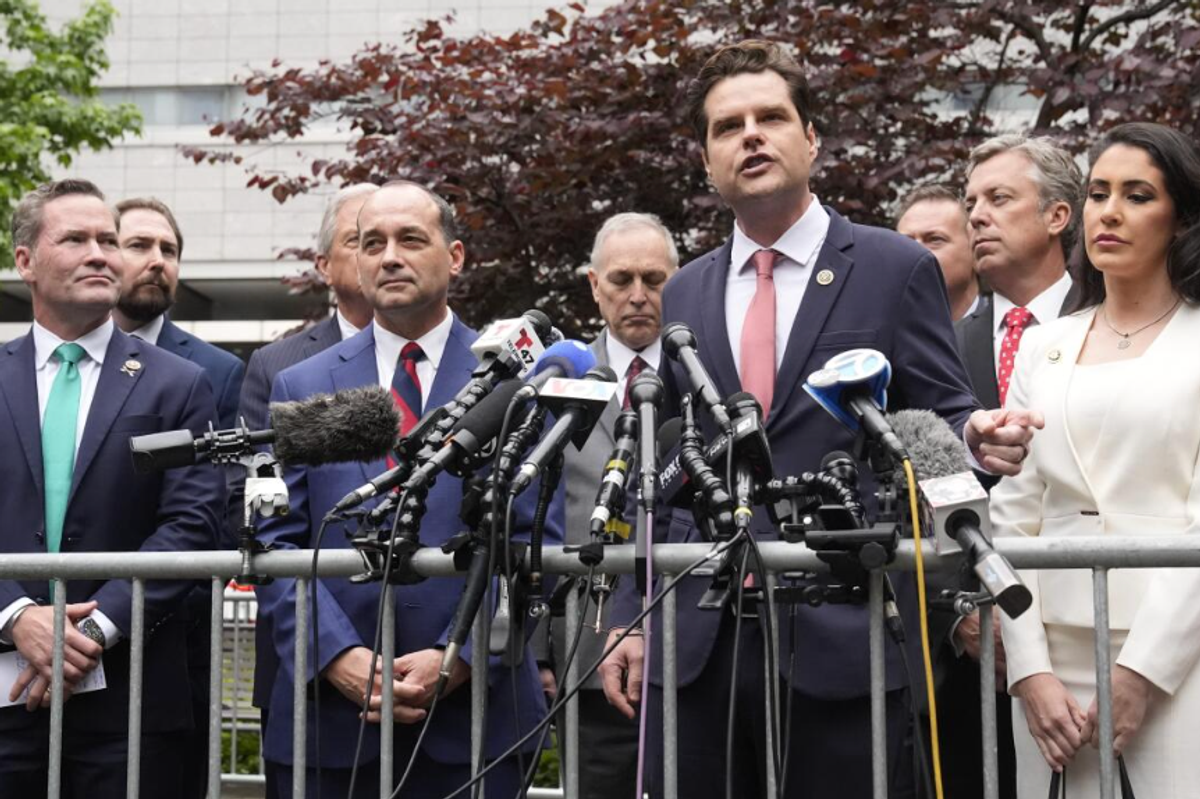
Democrats are beside themselves; after President Donald Trump's consistently inconsistent and uneven public pronouncements on the seriousness of the coronavirus, moving in one 24-hour period from "something we have tremendous control over" to our "toughest enemy: the invisible enemy" and limiting all crowds to fewer than 10, his poll numbers have gone up. How, they ask, could this be the case when the president's leadership of this "war" has been start-stop, don't-worry-be-happy?
The answer is found in history. At times of crisis — even crises in which the sitting president has seemingly made things worse rather than better — the natural American reaction is to rally to the flag, to support the commander in chief. Take the failed invasion of Cuba in 1961 ordered by President John F. Kennedy. It was a total failure. The Cuban expatriates leading the attack were captured as soon as they landed. Yet Kennedy's job approval rating in the aftermath, after he took responsibility for the failure, saying, "Victory has 100 fathers, and defeat is an orphan … I'm the responsible officer of the government," soared to 83 percent positive.
When President Jimmy Carter was in office, the shah of Iran was admitted to the U.S. for medical treatment, and Iranian revolutionaries took Americans at the U.S. embassy in Tehran hostage and kept them there until Carter left office fifteen months later. And what happened in the polls? Jimmy Carter's job rating had been 31 percent positive and climbed in little over one month to 61 percent approval. Rallying to the flag is an established national impulse.
Even Ronald Reagan, who won election and reelection in successive electoral landslides, and whose approval rating was just 51 percent positive on inauguration day, watched — painfully — after he was gravely wounded in a 1981 assassination attempt as his job rating jumped up to 68 percent approval.
What ought to be surprising is the very small bump up in his poll numbers Trump has yet been given. One reason is that Trump, in the phrase of pollster Peter Hart, one of the founders of the Wall Street Journal/NBC News Poll, has had "a trading range of low 40s to high 40s, with his average rating at 45." Other presidents have had their job ratings climb to the 60s during good times and then fall into the 30s when things went south. President George H.W. Bush was at 89 percent approval after the successful, short Gulf War in 1991 and then saw his job rating plummet to 29 percent positive — a fall of 60 — by the summer of 1992, the year he would lose reelection.
Donald Trump has not had the traditional public rallying to his side that previous presidents have enjoyed. But, let it be noted, that while Trump has a "low ceiling" in how high his numbers climb, he also has a very "high floor" to support him — beneath which he has yet to slip.
To find out more about Mark Shields and read his past columns, visit the Creators Syndicate webpage at www.creators.com.


